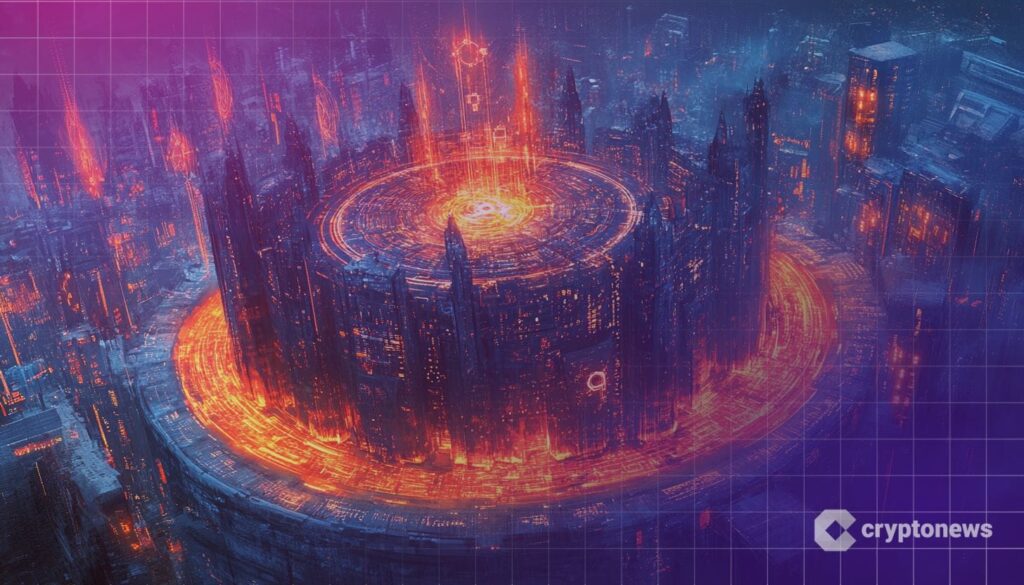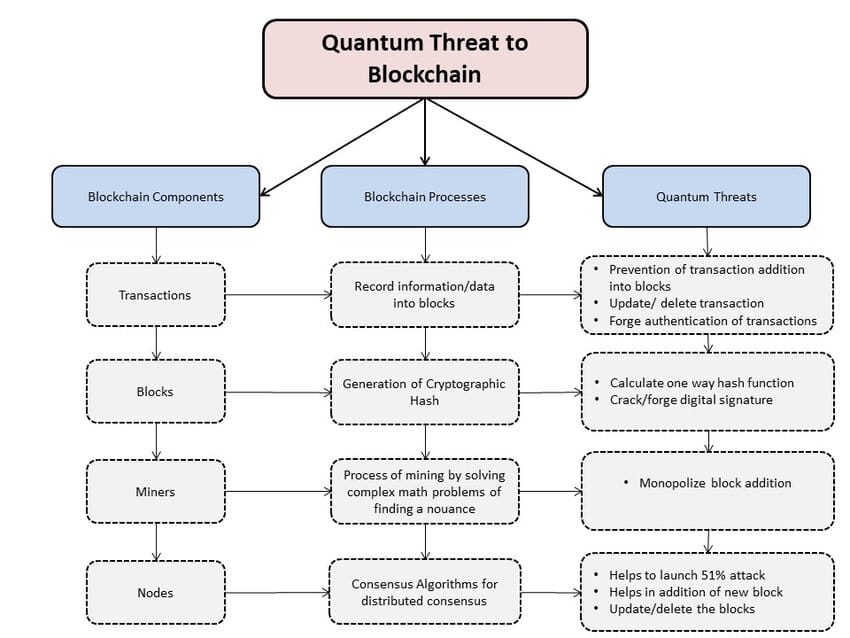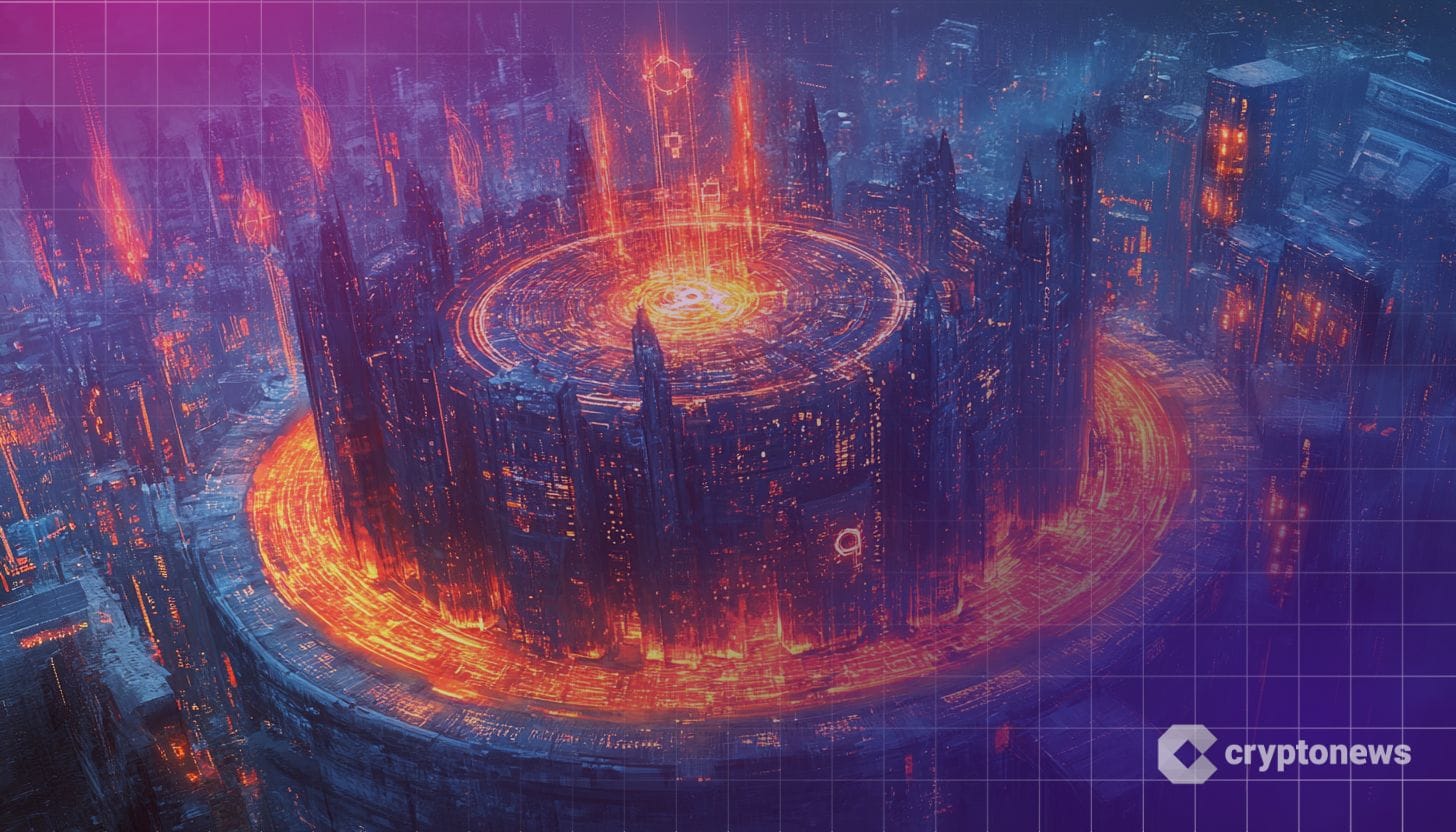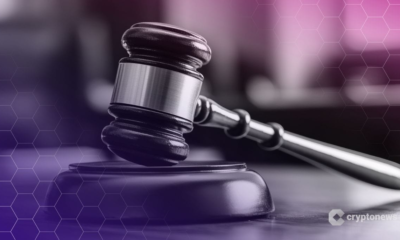Crypto NEWS
“Is Your Blockchain Investment Safe? Quantum Computing Could Destroy It—Here’s What You Need to Know!”

Blockchain and Quantum Computing: Is Web3 Ready for the Quantum Era?
Blockchain technology has long been celebrated for its decentralization, transparency, and security. It has revolutionized finance, ushering in the age of Web3 investments and decentralized applications (dApps). However, an emerging threat looms large, one that could fundamentally shake the very foundations of this digital ecosystem: quantum computing. As the quantum revolution progresses, the security mechanisms that protect billions of dollars in digital assets could soon be under attack. The question isn’t whether blockchain systems will face quantum threats—it’s whether they are prepared to withstand them.
The Quantum Computing Threat to Blockchain Security
At the heart of blockchain’s security are cryptographic algorithms like RSA and ECDSA. These systems rely on the mathematical complexity of encryption to protect private data. In a traditional computing environment, this encryption is highly secure. However, quantum computers—using algorithms such as Shor’s algorithm—can solve these cryptographic problems far faster than current classical systems ever could.
The implications of this are staggering. According to a 2024 report by the U.S. Department of Commerce’s National Institute of Standards and Technology (NIST), without proactive measures, 99% of today’s cryptographic systems could become obsolete within the next decade. This could potentially leave blockchain systems vulnerable to attacks that could unravel the cryptographic protections in a matter of hours.
Smart contracts, the backbone of decentralized applications, are especially vulnerable to these advances. If a private key is compromised, entire networks could be exploited. This raises a terrifying possibility: quantum computing could not only break individual encryption systems but also undermine blockchain consensus mechanisms, potentially destabilizing entire ecosystems.

Future-Proofing Blockchain Investments in the Quantum Era
The rise of quantum computing presents a stark challenge to blockchain’s current security infrastructure. Without swift action, the blockchain industry faces the very real risk of investor distrust, massive asset theft, and a collapse in the Web3 ecosystem’s credibility. The survival of blockchain investments—and indeed, the future of decentralized finance—depends on adapting to the quantum age.
The Importance of Post-Quantum Cryptography
One of the most promising solutions to this impending crisis lies in post-quantum cryptography (PQC). These encryption techniques are specifically designed to resist the computational power of quantum machines. NIST’s recent release of three finalized quantum-resistant encryption standards offers a clear roadmap for ensuring that digital assets remain safe from quantum threats.
However, transitioning to these quantum-resistant systems won’t happen overnight. It will require a phased approach to seamlessly integrate these new algorithms into existing blockchain infrastructure. Hybrid cryptographic systems—combining traditional and post-quantum encryption—provide a practical solution during this transitional period. These hybrid systems would allow blockchain networks to continue operating securely while developers work to fully integrate quantum-proof encryption measures.
Evolving Consensus Mechanisms
Beyond cryptography, blockchain’s consensus mechanisms like Proof-of-Work (PoW) and Proof-of-Stake (PoS) also need to evolve. Integrating quantum-resistant signatures into these protocols will help preserve the integrity of blockchain networks. This is critical for ensuring that blockchain systems remain scalable and secure as quantum computing advances.
A study from February 2024 highlighted the urgent need for blockchain systems to be redesigned with quantum-resistant cryptosystems. These systems must be able to withstand quantum attacks without sacrificing security, scalability, or decentralization. The clock is ticking, and failure to evolve could undermine trust in Web3 technology.
Continuous Vigilance
Even with robust encryption and updated consensus models, complacency is not an option. Quantum advancements are progressing rapidly, and blockchain systems must remain agile to adapt to new threats. This calls for continuous security audits to identify potential vulnerabilities and ensure that systems can withstand the growing power of quantum computers. Blockchain’s reputation for trust and transparency can only be maintained if the community actively stays ahead of emerging threats rather than reacting to breaches.
Securing the Future of Web3
The quantum era is not a distant possibility—it’s coming fast, and it brings profound challenges to blockchain security. For Web3 to remain a cornerstone of trust and decentralization, the industry must embrace a security-first approach.
A Call to Action for the Blockchain Community
This means integrating post-quantum cryptography, conducting rigorous stress testing, and redesigning consensus mechanisms to ensure resilience against quantum computing threats. As companies like Microsoft update their cryptographic libraries to include quantum-resistant algorithms, it’s clear that the industry is beginning to recognize the need for proactive action. However, preparation cannot be a series of isolated initiatives—it requires a collective effort from developers, investors, and enterprises to create a truly quantum-proof ecosystem.
Conclusion: Will Blockchain Survive the Quantum Revolution?
As quantum computing evolves, one critical question remains: will Web3 be ready? Or will its foundational trust crumble under the weight of quantum vulnerabilities? The tools to build a quantum-proof future are already available, but the true test lies in whether the blockchain community can unite to prioritize long-term resilience over short-term gains.
The quantum era will not wait for Web3 to catch up. The decisions made today will determine whether blockchain continues to be the decentralized, secure infrastructure that it promises to be—or whether it becomes a relic of what could have been. The future of Web3 investments depends on what steps we take now to ensure that blockchain technology remains secure, resilient, and ready for the challenges of tomorrow.














